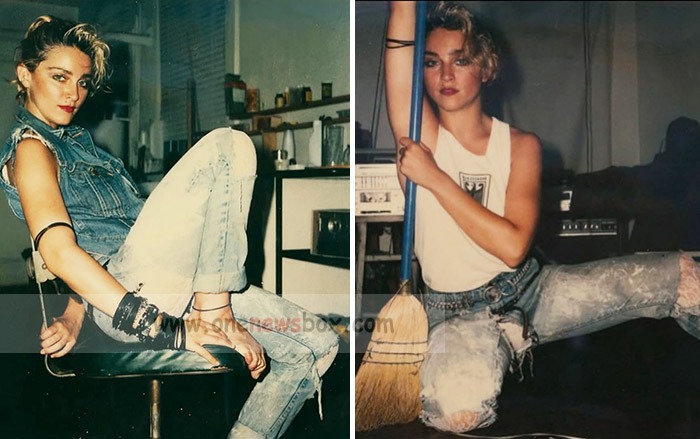In 1982, she signed with Sire Records, a subsidiary of Warner Bros., releasing her debut single “Everybody.” The song became a club hit and set the stage for her self-titled debut album Madonna (1983), a synthesis of dance-pop energy and catchy hooks that announced a new kind of pop star: independent, provocative, and unapologetically ambitious.
Rise to Stardom: The 1980s Revolution
Madonna’s second album, Like a Virgin (1984), catapulted her to international fame. The title track, produced by Nile Rodgers, became a global sensation, topping charts in the U.S., U.K., and beyond. Her performance of the song at the 1984 MTV Video Music Awards—dressed in a wedding gown, writhing on stage—shocked audiences and solidified her image as a fearless provocateur.
Throughout the mid-1980s, Madonna became the embodiment of female empowerment wrapped in commercial pop appeal. Her image—lace gloves, crucifixes, layered necklaces, and bleached hair—was widely imitated by millions of young women, dubbed “Madonna wannabes.” Her third album, True Blue (1986), reflected greater artistic control and showcased her versatility with hits like “Papa Don’t Preach,” “Open Your Heart,” and “La Isla Bonita.” The album was both a commercial triumph and a bold statement of her maturity as a songwriter.

